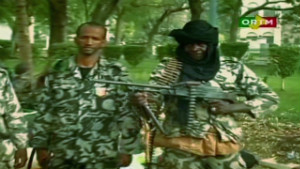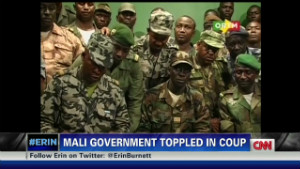
On Monday, 43 Roman Catholic organizations filed lawsuits in a dozen different federal courts, challenging the Obama administration’s mandate requiring insurance coverage for “preventive health services” inimical to their faith. The litigation represents the latest stage of a battle that began January 20th, when the administration announced that the implementation of the Patient Protection and Affordable Care Act would require Catholic institutions and individual Catholic employers to provide contraception, sterilization and abortifacient drugs to all of their employees. The Treasury, Labor, and Health and Human Services Departments are being sued by Jones Day, a law firm representing all the plaintiffs pro bono. “We have tried negotiations with the administration and legislation with the Congress — and we’ll keep at it — but there’s still no fix,” said Cardinal Timothy M. Dolan in a statement.
Cardinal Dolan further illuminated the Church’s position on “CBS This Morning” yesterday. “They tell us if you’re really going be considered a church, if you’re going to be really exempt from these demands of the government, well, you have to propagate your Catholic faith and everything you do, you can serve only Catholics and employ only Catholics,” Dolan said. ”We’re like, wait a minute, when did the government get in the business of defining for us the extent of our ministry?”
Perhaps the best answer to that question would be Friday, February 10th, when the administration claimed they would “accommodate” Catholic concerns with a “compromise,” whereby insurance providers would provide coverage for the disputed services. It was initially well received by the United States Conference of Catholic Bishops, who called it “a first step in the right direction.” Twenty-four hours later the compromise was rejected. “In the case where the employee and insurer agree to add the objectionable coverage, that coverage is still provided as a part of the objecting employer’s plan, financed in the same way as the rest of the coverage offered by the objecting employer. This, too, raises serious moral concerns,” the Bishops decided. Read More







